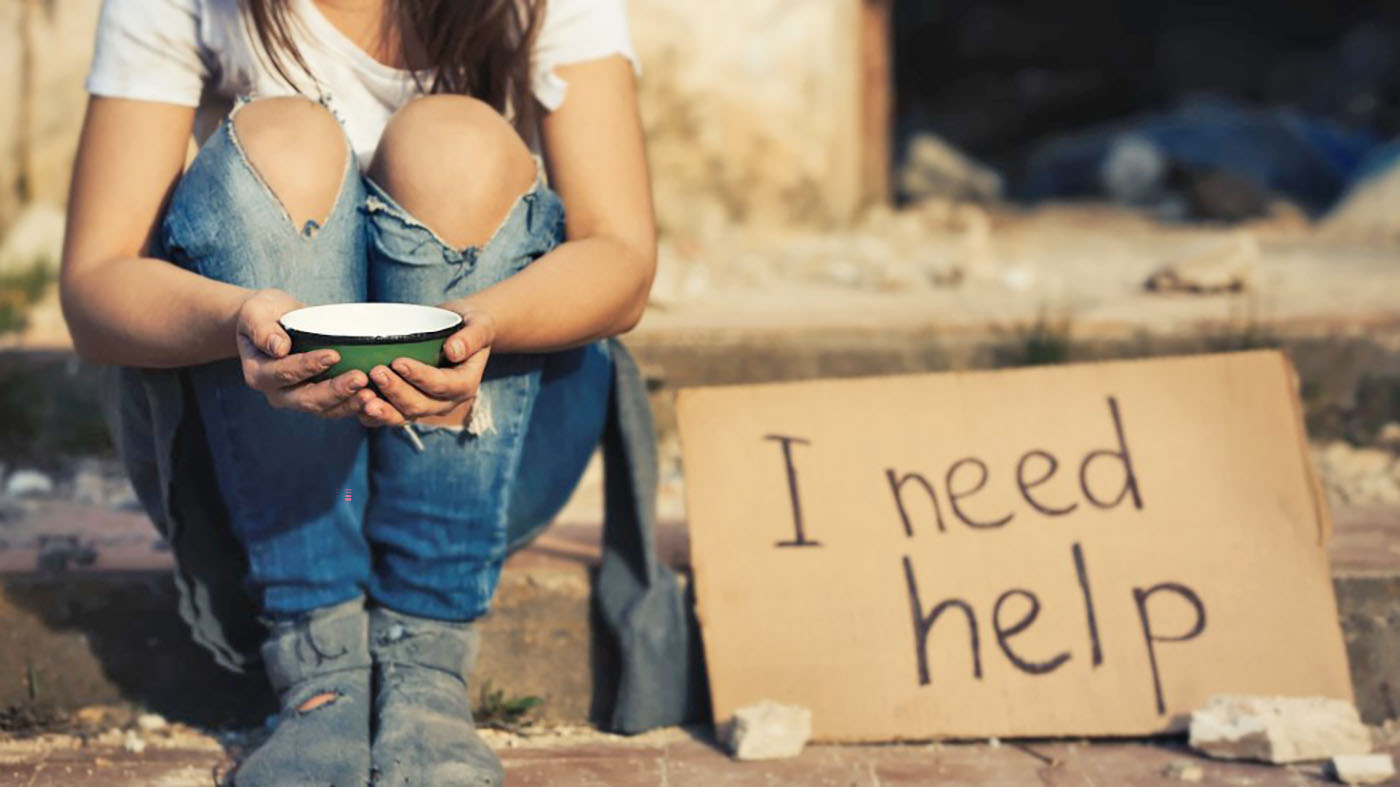Army Veteran Kimberly Carrillo left the military after five years in part because she lacked access to adequate daycare. After her marriage ended and her mother died, she fell into depression, lost her job and couch-surfed, kids in tow. Carrillo and her family were homeless.
Marine Veteran Natasha McCoy spent 20 years after service gainfully employed as a truck driver, residing in her vehicle. From the outside, she seemed fine. On the inside, she was anything but. “When I quit driving, I had a period when I was adrift,” said McCoy, a member of the Cherokee Nation.
Air Force Veteran Alex Dobson was homeless for six or seven years before she entered the military. When she found herself without a safe place to call home after leaving the military, the familiar feelings of danger and invisibility came flooding back. “You’re in survival mode,” said Dobson, a member of the Muscogee Nation.
Carrillo, McCoy and Dobson’s stories illustrate the different ways homelessness can impact the lives of women Veterans. Thankfully, they are among the nearly one million Veterans and their family members whom VA has connected with permanent housing or with services that prevented them from falling into homelessness since 2010. That includes nearly 22,000 women Veterans served through VHA Homeless Programs in fiscal year 2023.
But we recognize that VA must accelerate efforts to provide housing solutions, health care, and community employment services to address the unique challenges of nearly two million women Veterans—the fastest growing segment of the Veteran population—and their families.
That’s especially true now as we look at data on homelessness among women Veterans.
Rising number of women Veterans who are homeless
Although it’s true that, from 2020 to 2023, total homelessness among Veterans decreased by 4.5%—from 37,252 to 35,574—homelessness among women Veterans actually increased by nearly 24%—from 3,126 to 3,980—according to data from the U.S. Department of Housing and Urban Development.
In that same period, the number of unsheltered women Veterans—those living on the streets, in a car or in another unsafe situation—jumped nearly 48%, from 1,464 to 2,165.
While the general proportion of women Veterans experiencing homelessness is still low, the trend is concerning, given that VA estimates women are on track to make up 18% of all U.S. Veterans by 2040.
Factors that contribute to homelessness among Veterans
Reducing and preventing homelessness among women Veterans starts by recognizing some of the contributing factors unique to them:
- Trauma. There’s evidence of a connection between women Veteran homelessness and trauma. Women Veterans who were homeless have told VA researchers that the experience of trauma before, during and after military service contributed to their housing instability.
- Military sexual assault. We also find that one in three women say “yes” when screened by VA health care for military sexual assault (MST), which is sexual assault or threatening sexual harassment during a person’s military service.
- Intimate partner violence. Many women Veterans who are homeless also report having a history of intimate partner violence.
- Poverty. Housing is a large expense for anyone, but studies show that women are more likely than men to be at risk of poverty.
- Single parenthood. Women also shoulder more of the costs of child-rearing, particularly as single parents.
Other complex challenges, often connected to or worsened in service, can be common characteristics of women Veterans’ experience of housing instability. These include childhood adversity, substance use, relationship termination, medical problems, a post-traumatic stress disorder diagnosis and unemployment.
Making sure women Veterans and their families have housing
If you are a woman Veteran not yet connected to VA, you should know that you and your family matter and you deserve a safe place to call home. We know that homelessness doesn’t always look the same for men and women, and so the solution may not be the same.
What is universal in our approach is a focus on “Housing First.” Evidence of this approach shows that it is the most effective way to end Veteran homelessness. Our goal is to help you get or stay housed and connect you to other wraparound supports you may need to remain housed—health care, job training, legal and education assistance, and more.
To assist in these efforts, VA has programs for women Veterans with children; free, confidential, specialized care for women survivors of MST and other trauma; gender-specific health care services; community employment services and much more.
Visit the VA Homeless Programs website to learn about initiatives that support safe, stable housing for women Veterans.
Learn more about VA programs
If you are a Veteran who is homeless or at risk of homelessness, call the National Call Center for Homeless Veterans at 877-4AID-VET (877-424-3838).
Check out the Ending Veteran Homelessness podcast to learn more about what VA is doing to end and prevent homelessness among Veterans. Listen to our episode on improving access and outcomes for women Veterans.
Get involved with housing homeless Veterans.
Subscribe to the Homeless Programs Office newsletter to receive monthly updates about programs and supportive services for Veterans experiencing or at risk of homelessness.
Topics in this story
Link Disclaimer
This page includes links to other websites outside our control and jurisdiction. VA is not responsible for the privacy practices or the content of non-VA Web sites. We encourage you to review the privacy policy or terms and conditions of those sites to fully understand what information is collected and how it is used.
More Stories
Seven U.S. Army soldiers, one Army Reserve soldier and two Veterans are representing Team USA at the 2024 Olympic Games in Paris, which begins today.
Study underscores important role COVID vaccination can have in protecting Veterans from infection and reducing long-term health consequences
Columbia VA’s robotic surgery teams completed their 800th robotic surgery and are on schedule to hit 1,000 by the end of the year.







thank you for this